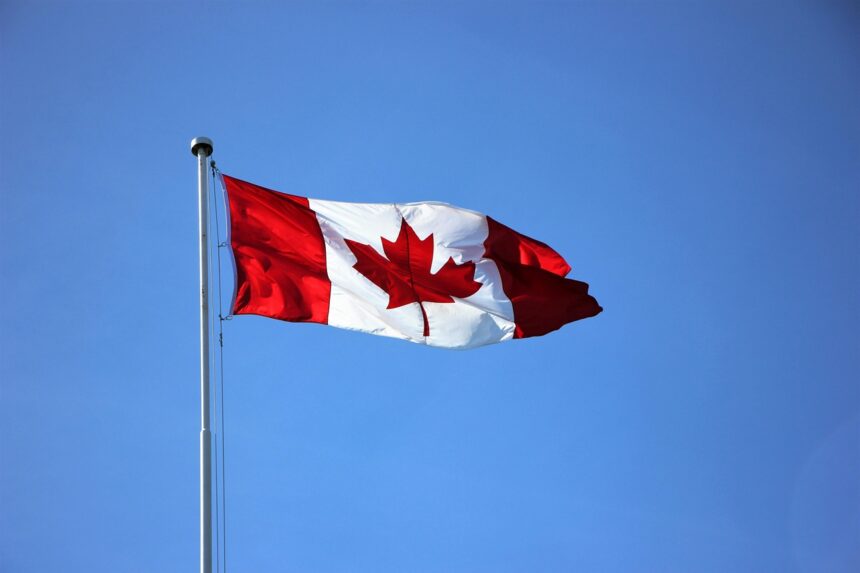In a striking revelation from the Refugee Protection Division (RPD) of Canada’s Immigration and Refugee Board (IRB), no fewer than 13,171 Nigerian asylum requests seeking refugee protection between January 2013 and December 2024 have been denied.
According to the official data, Nigeria is among the top five countries with the highest number of rejected asylum claims over the past decade.
The breakdown of the data reveals a fluctuating yet persistent trend: 127 rejections in 2013, 241 in 2014, and 248 in 2015 under a revamped refugee determination system that took effect in December 2012.
The numbers escalated in subsequent years—476 in 2016, 917 in 2017, and a sharp rise to 1,777 in 2018.
The peak came in 2019, with 3,951 Nigerian claims denied. More recently, rejections stood at 1,770 in 2020, 1,686 in 2021, 728 in 2022, 439 in 2023, and 811 in 2024.
Despite these rejections, Canada has not entirely closed its doors. Over the same period, 10,580 Nigerians were granted refugee status, including 2,230 in 2024 alone, placing Nigeria eighth among the countries with the most accepted claims.
According to the report, the Canadian government’s rationale for denying these claims centres on the United Nations’ definition of a Convention refugee, incorporated into Canadian law.
To qualify, applicants must demonstrate a “well-founded fear of persecution” based on race, religion, nationality, political opinion, or membership in a particular social group.
It was gathered that many Nigerian applicants are driven by economic hardship rather than persecution.
This, according to the report was said to align with Canada’s broader immigration policy.





